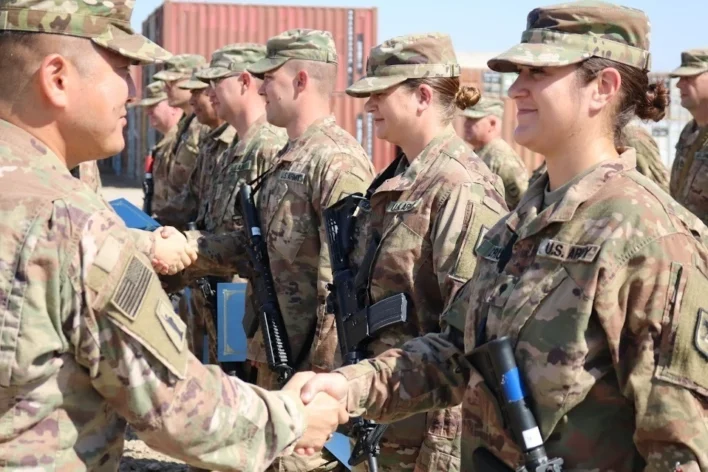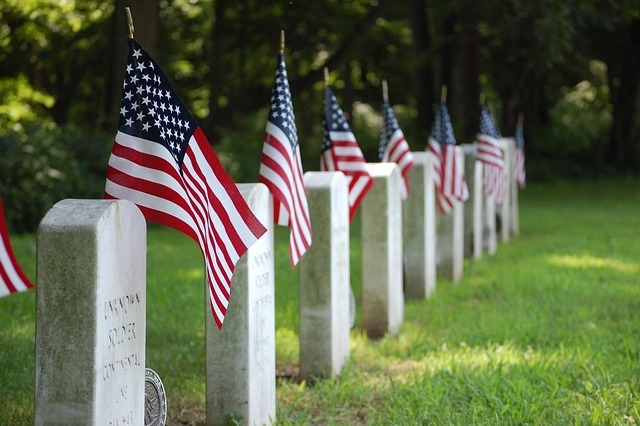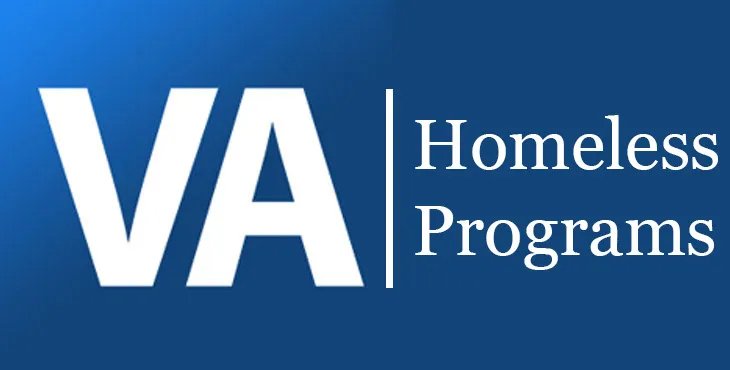National Guard and Reserve Career Transition Q&A

Are you a member of the Guard or Reserve? If you’re considering a career transition, are getting ready to retire or separate from military service, or just want to know what your post-military career options look like, there are many resources you can use to make the jump. Here is our Q&A about career transition as a member of the Guard or Reserve.
Why is career transition challenging for National Guard and Reserve members?
Part-time military service, including deployments and training, can disrupt civilian employment. Additionally, translating military skills into civilian language is crucial but often challenging.
What is the best overall approach to career transition?
Take a proactive approach. Use all available resources, including federal agencies, non-profit organizations, and state-level programs. Focus on effective communication, continuous learning, and strategic planning.
What is the first step I should take when planning my transition?
Start with your military branch’s Transition Assistance Program (TAP), which provides essential pre-separation counseling. You’ll get job search assistance, resume help, and educational resources. Attend workshops on resume building, interview techniques, and financial planning. Start early in the process. Access TAP through your respective military branch or review TAP-related materials at Military OneSource.mil.
How can I leverage my security clearance in the civilian job market?
A security clearance is a valuable asset. Highlight it on your resume and networking profiles. Focus on jobs in industries that require clearances, such as defense contracting or government agencies. Learn more about federal jobs and security clearances at USAJOBS.
What resources are available for veteran entrepreneurs?
The U.S. Small Business Administration Office of Veterans Business Development provides resources and training for veteran entrepreneurs.
How can I find federal job openings?
Use USAJOBS (see above), the federal government’s official website for federal job openings.
Where can I find information about job training and placement?
The Department of Labor Veterans’ Employment and Training Service (VETS) provides resources and assistance for veterans seeking employment, including job training and placement.
How can I address employer concerns about my military obligations?
Utilize the Employer Support of the Guard and Reserve (ESGR). ESGR educates employers on the needs of Guard and Reserve members and ensures compliance with USERRA, protecting your job rights.
What resources are available for veterans with service-connected disabilities?
The Department of Veterans Affairs (VA) Vocational Rehabilitation and Employment (VR&E) program offers career counseling, job training, and educational support.
Where can I find additional support beyond government programs?
Non-profit organizations like the USO and the American Legion provide job fairs, networking events, and mentorship opportunities.
What about state-level assistance?
Many states have offices to help vets, including Guard/Reserve members. State workforce development boards collaborate with local employers to identify job openings. Search your state’s workforce development website to learn more.
How important is networking in my job search?
Networking is critical. Utilize military connections and build new relationships in the civilian sector. Attend industry events, join professional organizations, and engage on LinkedIn.
How do I translate my military skills into civilian language?
Focus on transferable skills like leadership, teamwork, problem-solving, and adaptability. Quantify your accomplishments with specific examples in your resume and interviews.
Should I consider additional education or training?
Yes. Use your GI Bill benefits or other VA education benefits to pursue additional education or certifications.
How important is financial planning?
Develop a comprehensive financial plan and utilize financial counseling services from the VA and non-profit organizations. You can also use Military OneSource to learn more about financial planning.
What resources are available for mental health support during my transition?
The VA offers mental health services, including counseling and support groups.
Resources
- Transition Assistance Program through your respective military branch or Military OneSource
- Employer Support of the Guard and Reserve (ESGR)
- Department of Veterans Affairs Vocational Rehabilitation and Employment (VR&E)
- USAJOBS
- Department of Labor Veterans’ Employment and Training Service
- My Next Move for Veterans
- CareerRecon
About the author
Editor-in-Chief Joe Wallace is a 13-year veteran of the United States Air Force and a former reporter/editor for Air Force Television News and the Pentagon Channel. His freelance work includes contract work for Motorola, VALoans.com, and Credit Karma. He is co-founder of Dim Art House in Springfield, Illinois, and spends his non-writing time as an abstract painter, independent publisher, and occasional filmmaker.


